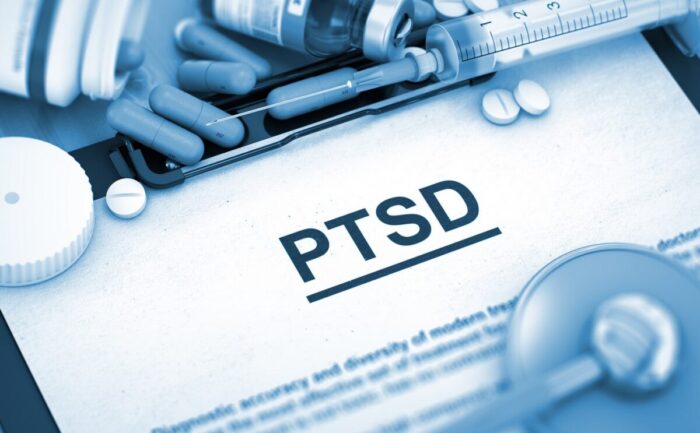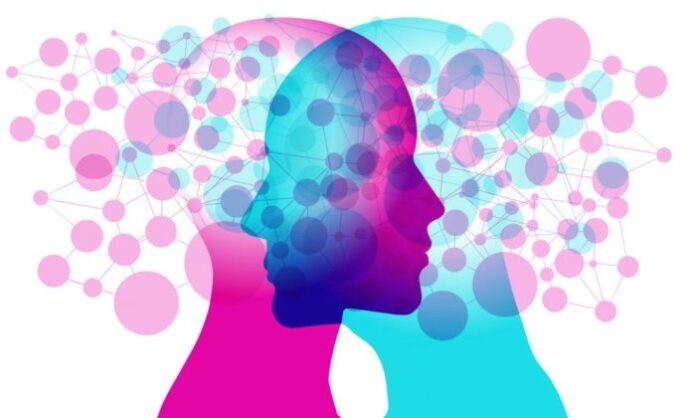In Washington, DC, and around the nation, a new paradigm in drug rehabilitation is taking root. This approach, which intertwines mental health treatments with traditional drug rehab protocols, is not just a trend but a testament to the evolving understanding of addiction and recovery. Let’s unpack the rationale and success behind this integrated approach.
The Inextricable Link Between Drug Addiction and Mental Health
Anxiety, depression, PTSD – these are not just buzzwords but real afflictions that millions grapple with daily. Drug rehab facilities in Washington, DC, and beyond are recognizing that to liberate an individual entirely from the clutches of addiction, one must venture beyond the physical dependencies. By integrating mental health care, these centers are digging deep, unearthing the underlying psychological triggers of addiction and co-occurring conditions, thereby offering a more comprehensive and enduring path to recovery.

Tailored Treatment Plans to Offer More Options
No two battles with addiction are the same, just as no two individuals are. The incorporation of mental health treatment into drug rehab programs acknowledges this diversity, offering more personalized care that addresses co-occurring mental health disorders with addiction. This dual-focus approach ensures that individuals receive targeted therapy, medication, and support tailored to their unique needs. In settings like male-only drug rehab, for instance, this personalized approach can be particularly beneficial, allowing for treatments that are sensitive to the specific challenges and dynamics faced by men in recovery.
Preventing Relapse With Quality Mental Health Support
One of the most compelling arguments for the integration of mental health care into drug rehabilitation is its potential to prevent relapse. Addiction is notorious for its vicious cycle of recovery and relapse, a pattern often exacerbated by untreated mental health issues. By providing ongoing mental health support, rehab facilities equip individuals with the coping mechanisms, emotional resilience, and psychological insights needed to navigate life’s challenges without falling back into old habits. This comprehensive support system is crucial for sustaining long-term recovery and represents a significant leap forward in the treatment of addiction.

The Healing Power of a Change in Scenery
The allure of starting afresh in a new location can be a powerful catalyst in the recovery process. For residents of Washington, DC, the option to seek treatment in a different setting offers a reprieve from the triggers and memories associated with their substance use. This geographical shift can significantly bolster the recovery journey, providing a fresh perspective and a sense of new beginnings.
Facilities that specialize in treating co-occurring mental health disorders, such as those offering drug rehab in Santa Ana, Los Angeles, and beyond, present an appealing option for many. The journey to a new city or state isn’t just about escaping; it’s about rediscovering oneself in a new environment, surrounded by professionals who tailor treatment to address both addiction and underlying mental health issues. This holistic approach, combined with the therapeutic benefits of a change in scenery, can profoundly impact one’s path to recovery.
Embracing Technology and Innovation in Addiction Recovery
In the rapidly evolving field of addiction recovery, the integration of technology and innovative practices stands as a beacon of progress, offering new avenues for enhancing the effectiveness of drug rehab programs. This adoption of technological tools and cutting-edge methodologies is reshaping the landscape of treatment, making mental health care more accessible, personalized, and effective.
Telehealth services, for instance, have emerged as a crucial component in the continuum of care, enabling individuals to access mental health support from the comfort of their homes. This convenience is particularly beneficial for those in recovery, as it reduces barriers to accessing care, such as transportation challenges or the stigma associated with seeking treatment. Moreover, telehealth platforms facilitate ongoing support and counseling, critical elements in preventing relapse and maintaining long-term recovery.
Furthermore, innovative treatment modalities, such as virtual reality (VR) therapy, are being explored for their potential to treat addiction and co-occurring mental health disorders. VR therapy can simulate real-life scenarios that trigger substance use, allowing individuals to practice coping strategies in a safe and controlled environment. This immersive experience can enhance traditional therapy by providing a hands-on approach to developing and strengthening coping mechanisms, ultimately reducing the risk of relapse.
The integration of wearable technology also offers promising avenues for monitoring and supporting individuals in recovery. Wearables can track physiological indicators of stress or cravings, providing real-time feedback to users and their healthcare providers. This data-driven approach enables personalized interventions and adjustments to treatment plans, ensuring that individuals receive the most effective support at the right times.

Enhanced Support Networks That Foster Healthy Connection
A critical component of successful recovery is the support network that surrounds an individual. Integrated treatment programs that prioritize mental health not only provide professional support but also foster a community among those in recovery. This sense of belonging and shared experience is invaluable. In environments where mental health and addiction are treated concurrently, individuals are more likely to open up, share their experiences, and offer support to one another. This camaraderie bolsters individual resilience and creates a collective strength that can significantly reduce feelings of isolation and stigma often associated with addiction and mental health challenges.
Build Essential Skills for a Lifetime
The incorporation of mental health care into drug rehab programs does more than address immediate issues; it equips individuals with the skills needed for lifelong wellness. From cognitive-behavioral therapy (CBT) to mindfulness and stress management techniques, these programs provide a foundation upon which individuals can build a sustainable, healthy future. This empowerment is critical, as it shifts the narrative from one of dependency and struggle to one of strength, self-awareness, and resilience. By focusing on mental health, rehab facilities are not just facilitating recovery from addiction but are helping individuals reconstruct their lives with confidence and clarity.

The integration of mental health care into these drug rehab facilities represents a pivotal shift towards a more effective approach to addiction recovery. This comprehensive strategy not only addresses the multifaceted nature of addiction but also underscores a profound commitment to treating the individual as a whole. By recognizing the critical role of mental health in the recovery process, rehab centers are paving the way for more successful outcomes, transforming lives, and, ultimately, strengthening the fabric of our communities.









